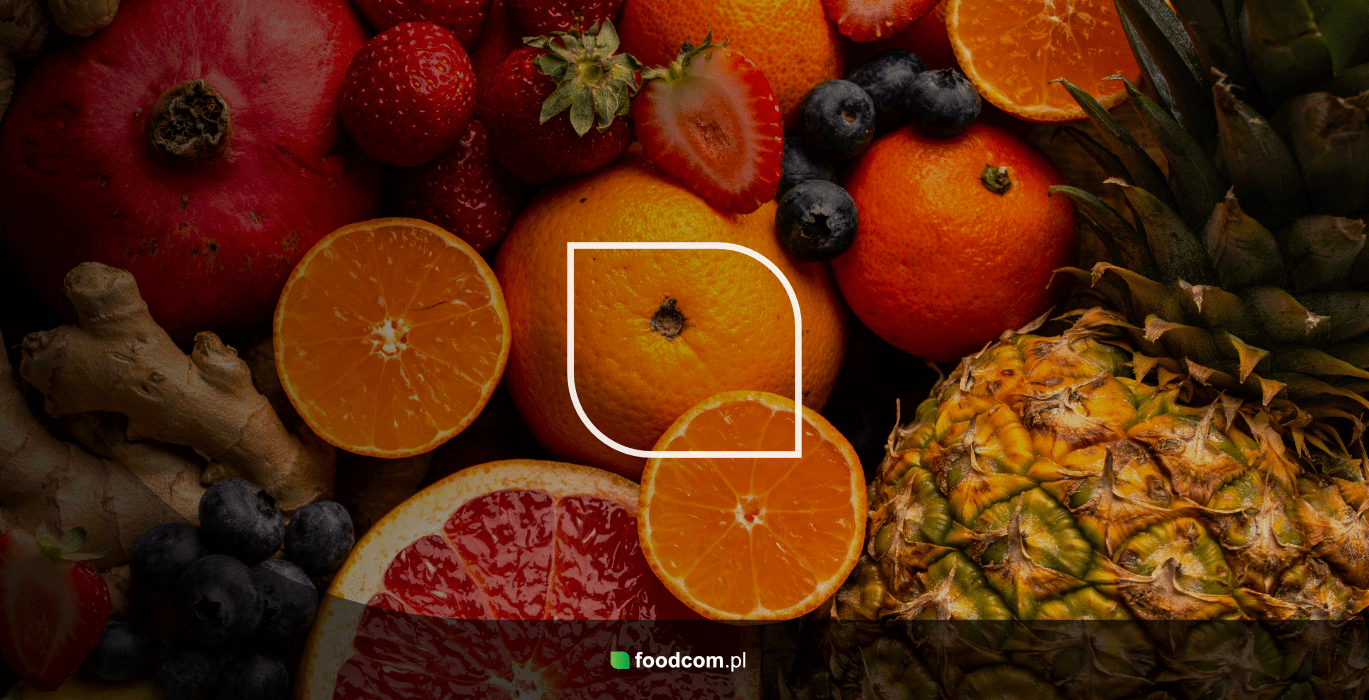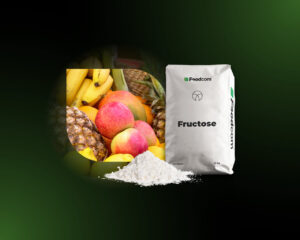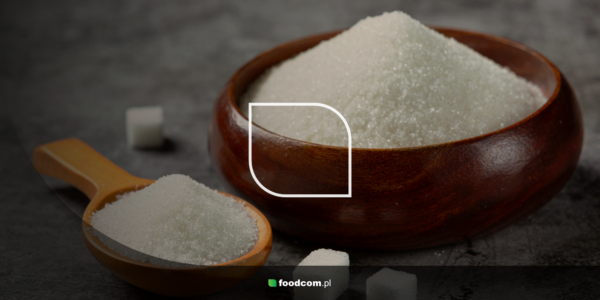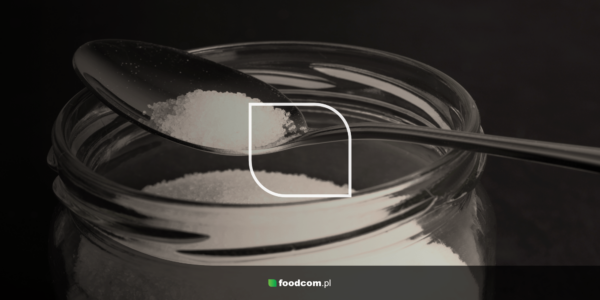- Fructose is a simple sugar belonging to the group of ketoses.
- It is characterized by a sweet taste and hygroscopic properties.
- Fructose is used in food production as a sweetener and preservative.
- It is also used in the cosmetic and pharmaceutical industries.
What is Fructose?
What exactly is Fructose? Fructose is a simple sugar belonging to the group of ketoses. Fructose is also known as “fruit sugar” since it is mostly recognized for its presence in fruits. Despite that, Fructose can also be found in honey, floral nectars, and vegetables. In contrast to Glucose, Fructose is metabolized without insulin.
Fructose is derived from sugar cane, sugar beets, and corn. The most common source of industrial Fructose is corn, which undergoes a starch hydrolysis process.
Fructose can be labeled as E420 in a variety of foods. The sugar has the same molecular formula as glucose, but differs in the arrangement of atoms in the molecule. It is also sweeter than glucose. In fact, Fructose sugar is the sweetest of all sugars.
Another important property of Fructose is its hygroscopicity. It is an excellent humectant, retaining moisture for a long time. This property is mainly used in the cosmetics industry, but Fructose also ensures proper hydration in the production of food.
Common uses of fructose
Fructose is present not only found in its natural sources such as fruits and vegetables, but also in various other products. The main reason manufacturers add Fructose to their products is simply to make them taste sweeter – so it is a substitute for sugar. Fructose is characterized by a fade of sweetness, which occurs faster than after Saccharose application. Fructose is also characterized by a more intense sweet taste than other sugars. A large proportion of low-calorie product manufacturers choose to apply Fructose because of its unique properties. In food production, Fructose is often added not only in the form of pure Fructose (also known as Fructose powder), but also in the form of corn syrup.
In the food industry, Fructose is used not only as a sweetener but also as a preservative. Due to its hygroscopic property, it is useful in prolonging the shelf life of products. For this reason, it can be found in the composition of various products such as bread and cold cuts.
People with diabetes frequently replace sugar with Fructose. Further, Fructose, like other sugars, is used by the human body as an energy booster.
Other Fructose Applications
Thanks to its exceptional traits, Fructose is used in various branches of food industry, as well as finds application in other sectors. It can be easily found in numerous types of products.
- Cosmetical industry: Fructose is present in cosmetics as well. It is commonly used for water-binding properties. The application of Fructose with cosmetics helps skin to stay hydrated and healthy. Fructose also protects skin from water loss. It also reliefs skin stress and reduces redness. The sugar is used in a considerable range of sugar scrubs. One of its main qualities valued in cosmetics, is that Fructose does not melt in contact with warm skin.
- Pharmaceutical industry: Fructose is also used in the manufacture of pharmaceuticals. Fructose is a substrate highly valued by the medicament producers.
- Baked goods: Fructose use to extend the shelf life and to prevent confectionery goods from drying and crystallizing. Bakery products with added Fructose are characterized by an attractive color,which is valued in retail.
- Ice creams: Fructose is also used in production of ice creams. It provides a smooth consistency of an ice cream.
Fructose – effects on the body
After consuming a product containing Fructose, the sugar enters the small intestine, from where it travels to the liver, where it supports the production of glycogen, known as backup fuel. Glycogen is used by the body after very intense exercise or long sleep. Consuming Fructose in excessive amounts can lead to Fructose accumulation in the form of body fat, which in turn can cause problems with overweight, obesity and cardiovascular disease. In addition, consuming Fructose in excess can result in the development of dental caries in the mouth. For this reason, it is very important – as with many other products – to exercise moderation and caution.
Fructose vs. glucose – similarities and differences
Both Glucose and Fructose are simple sugars. At first glance, the two products are indistinguishable, but their chemical structure is completely different.
Both types of sugar occur in nature. Glucose is found in large quantities in ripe fruits and vegetables, for example, while Fructose is found in sweets, honey or fruit juices.
The biggest difference is that Fructose is sweeter than Glucose. Although the calorie content of the two types of sugar is similar, they have different glycemic index values and are metabolized differently by the human body.
Fructose – use in sports
Some athletes are eager to use products with a high content of Fructose, the characteristics of which enable them to increase performance and reduce fatigue levels especially in conditions characterized by high temperature and humidity levels. Fructose is most readily used by those who participate in high-intensity and endurance sports. Fructose is an important ingredient in sports drinks, where, along with glucose, it helps replenish fluids, electrolytes and carbohydrates lost during intense exercise.
Shelf life of fructose
Shelf life of a product or a component is very crucial for producers and traders. If Fructose is stored in a cool and dry location, it has a shelf life of 24 months.
In need of fructose?
Fructose is offered by many suppliers and there is no doubt that Foodcom is the best choice when it comes to reliable contractor and Business Partner. Foodcom supplies its Business Partners with Fructose in 25 kg bags or Big Bags. Bulk Fructose is available for purchase through the contact form at Foodcom.pl!
Why Foodcom?
Our great team of Sales Support will help our Traders conduct the contract and business deals in a smooth and efficient way to ensure the best quality service to all our Business Partners. Our logistics team will take care of transportation and the financial department will be responsible for all matters connected with the financial part of the deal. Do not hesitate! Contact us.









